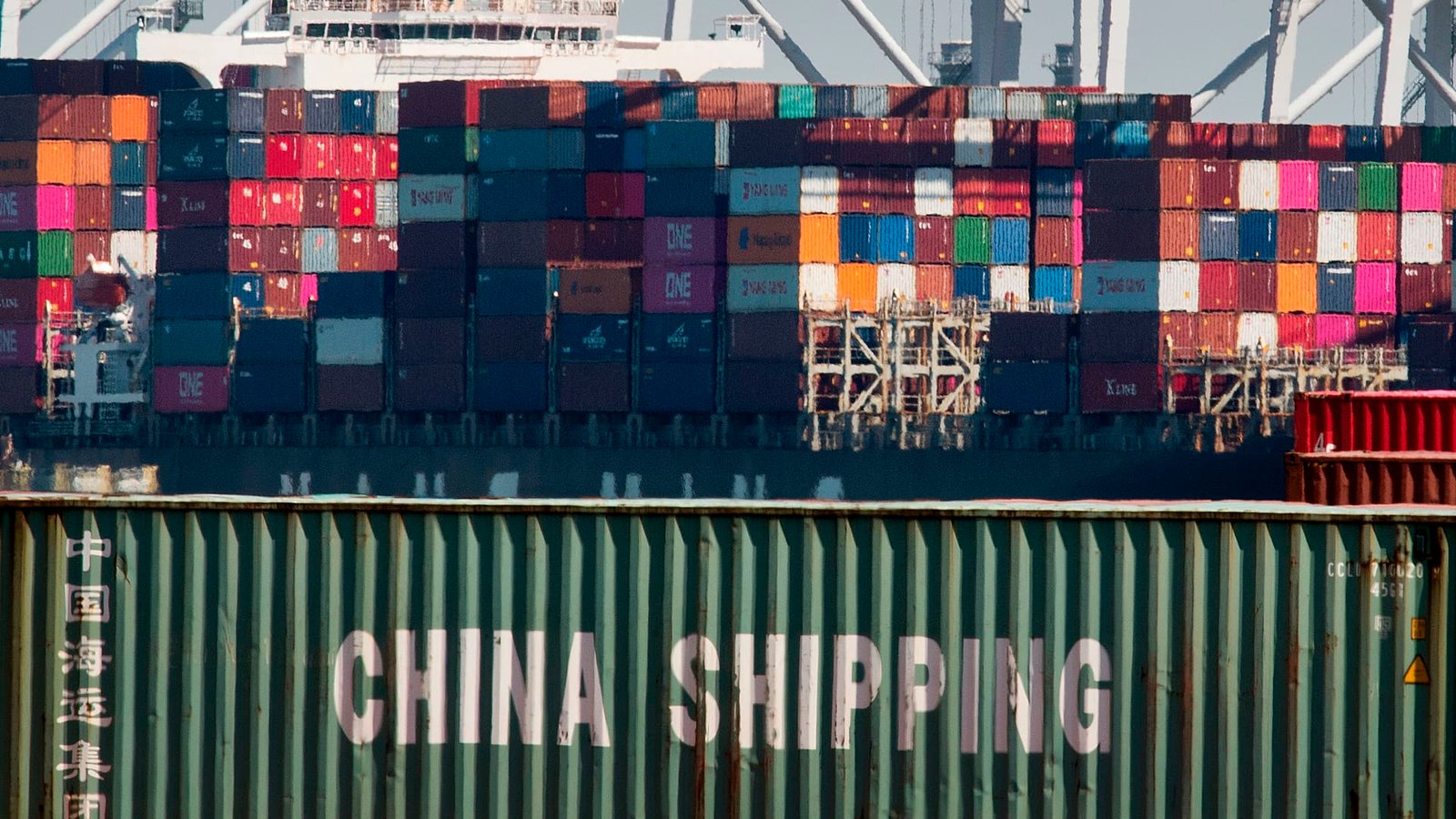The Coalition to Close the De Minimis Loophole is a bipartisan effort aimed at addressing a significant issue impacting the American economy and national security. The loophole in question relates to a provision in the Tariff Act of 1930 that exempts shipments with a fair retail value of less than $800 from import tariffs. This provision, known as de minimis, has allowed billions of untaxed goods to enter the United States, posing a threat to domestic industries, workers, and communities.
The coalition, which includes labor unions, domestic manufacturers, business associations, and other interest groups, is led by Rep. Earl Blumenauer, a Democrat from Oregon, and has the support of lawmakers from both sides of the aisle. The coalition is dedicated to raising awareness about the negative impact of the de minimis loophole and advocating for legislative action to close it.
One of the key concerns raised by members of the coalition is the link between the de minimis loophole and the fentanyl crisis in the United States. Rep. Blumenauer emphasized that the loophole is not just a threat to businesses and consumers but also contributes to the proliferation of illegal narcotics and counterfeit goods in communities across the country. The coalition is calling on Congress to take action to address this issue and prevent further harm to American communities.
The coalition’s efforts have gained momentum in recent weeks, following a statement from Rep. Mike Gallagher, a Republican from Wisconsin and chair of the House Select Committee on the Chinese Communist Party. Rep. Gallagher highlighted a significant increase in de minimis imports in recent years, with a majority of import transactions now entering the U.S. through the loophole. This surge in untaxed goods has had a detrimental impact on American businesses and workers, as well as posing a threat to national security.
To address these concerns, the coalition is backing bipartisan legislation introduced by Rep. Blumenauer and cosponsored by lawmakers from both parties. The legislation aims to prevent non-market economies from exploiting the de minimis loophole and requires U.S. Customs and Border Protection to collect more data on shipments entering the country. The bill has been referred to the House Ways and Means Committee and is supported by a growing number of lawmakers and advocacy groups.
In addition to the legislative efforts, the coalition is also calling attention to specific companies that have taken advantage of the de minimis loophole. The June House CCP Committee report identified online retailer Shein and Temu, a subsidiary of Chinese parent company PDD Holdings, as major players in the de minimis import market. Shein, in particular, has announced plans to go public in the U.S., further expanding its reach and potentially increasing its impact on the American market.
The impact of the de minimis loophole is not limited to specific industries or companies; it has far-reaching consequences for the U.S. economy as a whole. Kim Glas, president and CEO of the National Council of Textile Organizations, highlighted the devastating impact of the loophole on the textile industry, which has already lost multiple plants due to unfair competition from untaxed imports. The coalition’s diverse membership, which includes unions, manufacturers, and business associations, underscores the broad impact of the issue and the urgent need for action.
Overall, the Coalition to Close the De Minimis Loophole represents a united front against a pervasive problem that threatens the American economy, workers, and national security. With bipartisan support and a coalition of diverse stakeholders, the effort to close the loophole and level the playing field for American businesses and workers is gaining momentum. It is clear that the time to act is now, and the coalition is committed to seeing this important issue through to a resolution.

